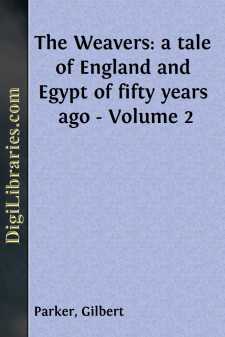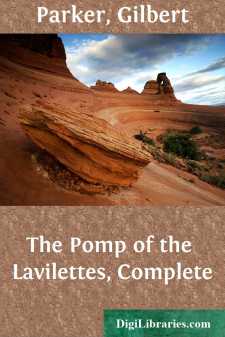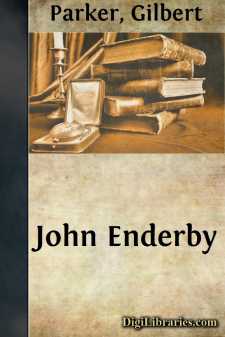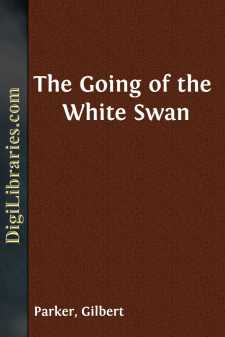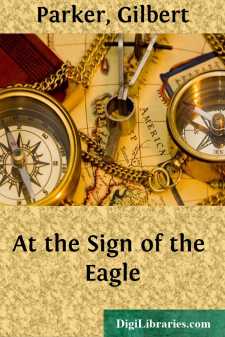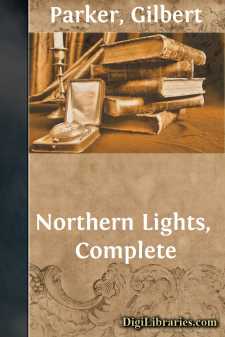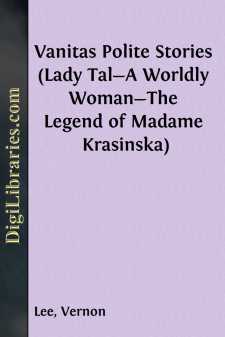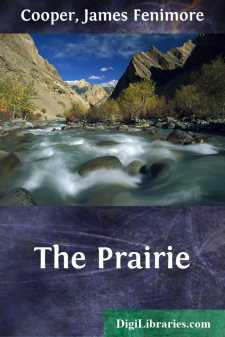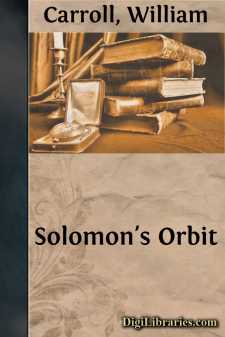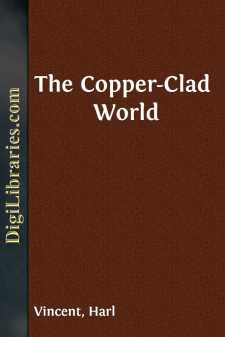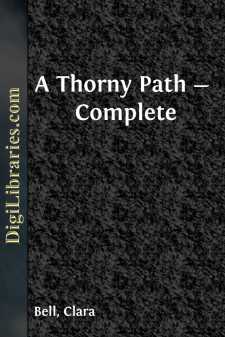Categories
- Antiques & Collectibles 13
- Architecture 36
- Art 48
- Bibles 22
- Biography & Autobiography 813
- Body, Mind & Spirit 138
- Business & Economics 28
- Children's Books 12
- Children's Fiction 9
- Computers 4
- Cooking 94
- Crafts & Hobbies 4
- Drama 346
- Education 46
- Family & Relationships 57
- Fiction 11821
- Games 19
- Gardening 17
- Health & Fitness 34
- History 1377
- House & Home 1
- Humor 147
- Juvenile Fiction 1873
- Juvenile Nonfiction 202
- Language Arts & Disciplines 88
- Law 16
- Literary Collections 686
- Literary Criticism 179
- Mathematics 13
- Medical 41
- Music 40
- Nature 179
- Non-Classifiable 1768
- Performing Arts 7
- Periodicals 1453
- Philosophy 64
- Photography 2
- Poetry 896
- Political Science 203
- Psychology 42
- Reference 154
- Religion 505
- Science 126
- Self-Help 81
- Social Science 81
- Sports & Recreation 34
- Study Aids 3
- Technology & Engineering 59
- Transportation 23
- Travel 463
- True Crime 29
The Weavers: a tale of England and Egypt of fifty years ago - Volume 2
by: Gilbert Parker
Description:
Excerpt
"What has thee come to say?"
Sitting in his high-backed chair, Luke Claridge seemed a part of its dignified severity. In the sparsely furnished room with its uncarpeted floor, its plain teak table, its high wainscoting and undecorated walls, the old man had the look of one who belonged to some ancient consistory, a judge whose piety would march with an austerity that would save a human soul by destroying the body, if need be.
A crisis had come, vaguely foreseen, sombrely eluded. A questioner was before him who, poor, unheeded, an ancient victim of vice, could yet wield a weapon whose sweep of wounds would be wide. Stern and masterful as he looked in his arid isolation, beneath all was a shaking anxiety.
He knew well what the old chair-maker had come to say, but, in the prologue of the struggle before him, he was unwittingly manoeuvring for position.
"Speak," he added presently, as Soolsby fumbled in his great loose pockets, and drew forth a paper. "What has thee to say?"
Without a word, Soolsby handed over the paper, but the other would not take it.
"What is it?" he asked, his lips growing pale. "Read—if thee can read."
The gibe in the last words made the colour leap into Soolsby's face, and a fighting look came. He too had staved off this inevitable hour, had dreaded it, but now his courage shot up high.
"Doost think I have forgotten how to read since the day I put my hand to a writing you've hid so long from them it most concerns? Ay, I can read, and I can write, and I will prove that I can speak too before I've done."
"Read—read," rejoined the old man hoarsely, his hands tightly gripping the chair-arm.
"The fever caught him at Shendy—that is the place—"
"He is not dead—David is not dead?" came the sharp, pained interruption. The old man's head strained forward, his eyes were misty and dazed.
Soolsby's face showed no pity for the other's anxiety; it had a kind of triumph in it. "Nay, he is living," he answered. "He got well of the fever, and came to Cairo, but he's off again into the desert. It's the third time. You can't be tempting Providence for ever. This paper here says it's too big a job for one man—like throwing a good life away. Here in England is his place, it says. And so say I; and so I have come to say, and to hear you say so, too. What is he there? One man against a million. What put it in his head that he thinks he can do it?"
His voice became lower; he fixed his eyes meaningly on the other. "When a man's life got a twist at the start, no wonder it flies off madlike to do the thing that isn't to be done, and leave undone the thing that's here for it to do. Doost think a straight line could come from the crooked line you drew for him?"
"He is safe—he is well and strong again?" asked the old man painfully. Suddenly he reached out a hand for the paper. "Let me read," he said, in a voice scarce above a whisper.
He essayed to take the paper calmly, but it trembled in his hands. He spread it out and fumbled for his glasses, but could not find them, and he gazed helplessly at the page before him....


